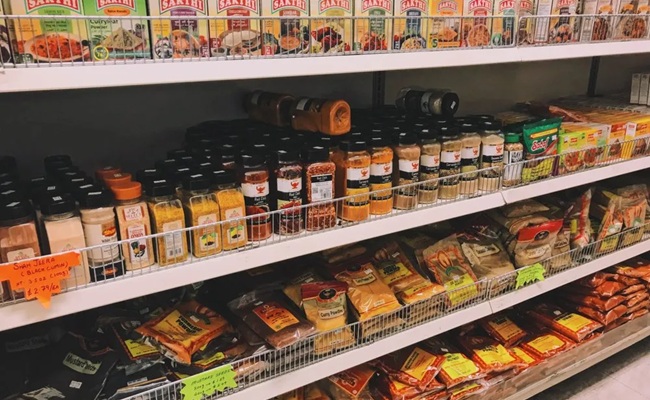
Indian groceries have become significantly more expensive in the United States after tariffs on Indian imports doubled from 25% to a steep 50%.
Essentials like rice, pulses, spices, and cooking oil are now burning a hole in the pockets of immigrant families.
A 20-pound (9 kg) bag of Sona Masoori rice that once sold for under $15 is now priced at $28 or more across most Indian stores. Similarly, whole wheat flour that used to cost $18–20 has now shot up to $35 and above.
Spices too have seen steep hikes. An 800-gram pack of chilli powder, earlier priced at $7–10, now sells for $15, while 400 grams of turmeric has jumped from $2–3 to over $8.
Oils and pulses are no exception — a 3-litre sunflower oil bottle now costs more than $20, compared to $11–13 before, and 900 grams of lentils or black gram now cost upwards of $8.
“This is a big burden. My parents are visiting from India, and I can’t avoid Indian food at home. But the prices are burning my pocket,” said M. Sirish, an IT professional in Dallas.
Store owners are also feeling the pinch. Raghavendra, who runs an Indian supermarket in New Jersey, said, “Customers are constantly complaining and avoiding purchases. Sales are dropping, but prices keep rising.”
Several stores have put up signs warning customers that tariffs have caused prices to climb 40–50%. If the duties remain, experts warn it could not only squeeze immigrant households but also reduce the availability of authentic Indian staples in the US.














